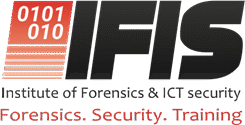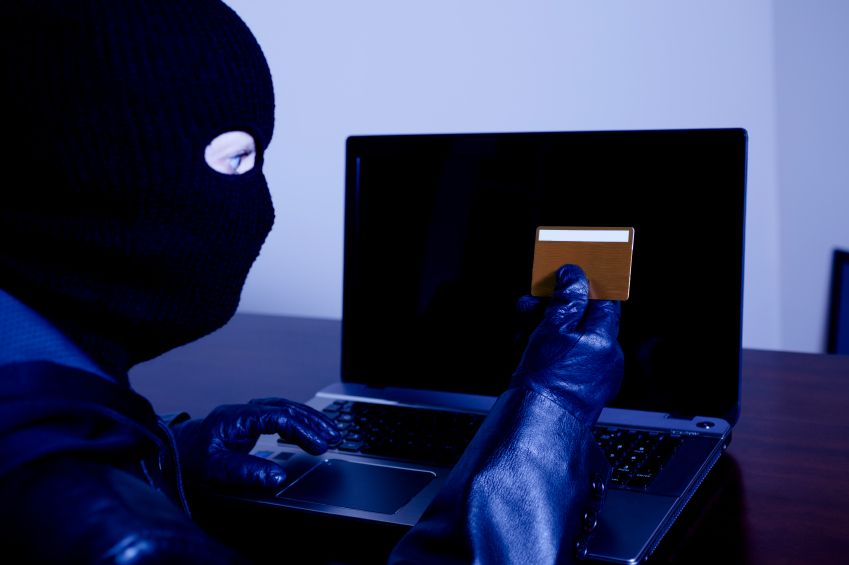The first clue was not a missing file. It was a smile.
A senior procurement officer at a well-known NGO, let’s call her Suspect 1, walked into work every day with disarming calm. She spoke softly, prayed before meetings, and was everyone’s go-to person for “urgent payments.”
When auditors came, she baked muffins. For three years, she processed clean transactions until one junior accountant noticed something strange: three supplier invoices, printed on different letterheads, but sharing the same email domain.
That single inconsistency unravelled a fraud web worth UGX 2.7 billion; money meant for maternal health projects in Gulu and Soroti.
By the time the dust settled, the NGO’s reputation was shredded. The donors were furious. And the board, stunned, asked the same question every Ugandan institution eventually does: “How did this happen under our watch?”
The answer was simple: no one in the room could think like a fraud examiner. The invisible crime wave
Fraud is not loud. It’s quiet.
It doesn’t kick down your door. It whispers through your payroll system. It hides in a decimal point. It wears a smile.
Every year, Ugandan companies lose billions to what accountants politely call “irregularities.” But behind that polite term are real betrayals; finance managers approving ghost payments, internal auditors signing what they never reviewed, and system admins deleting evidence just before resigning.
You don’t read about most of these cases because they’re buried in board minutes and NDAs.
But if you sat in one of Summit Consulting Ltd’s investigations, you’d see the real movie. A CEO stunned by evidence he never imagined. A driver-turned-middleman ferrying cash to mobile money agents. And a junior staffer trembling as forensic analysts pull up the logs that tell the story his mouth cannot.
That is the world of Certified Fraud Examiners (CFEs); the world behind the spreadsheets.
The mind of a CFE. A Certified Fraud Examiner is not a detective with a magnifying glass. They are a strategist with a microscope.
They see what others miss: the way a payment is approved at 8:17 p.m., always by the same person. The supplier who always wins tenders by one decimal point. The staff member who never takes leave because their fraud would unravel in their absence. To a CFE, every inconsistency is a clue, every anomaly a confession.
And this November, Uganda’s next generation of CFEs will gather at the Institute of Forensics and ICT Security (IFIS) for the country’s most rigorous fraud investigation program, powered by Summit Consulting Ltd and certified by the Association of Certified Fraud Examiners (ACFE, USA).
It’s not a workshop. It’s a battlefield simulation. Inside the training room. Day one begins with a sealed envelope marked Case 004 – The Ghost in Accounts.
Inside: photocopies of supplier invoices, a list of suspicious transactions, and an anonymous whistleblower email. Participants work in teams. They cross-reference bank statements. They map out shell companies. They examine phone records.
By the second hour, one team notices that the “supplier” shares an address with the agency’s own office. Another connects WhatsApp screenshots showing a procurement officer asking, “Have you received the fuel refund?”
By day three, they’ve cracked it.
They’ve reconstructed an entire fraud ring from fragments. Then Summit’s lead investigator walks in and says, “Congratulations. That was a real case we investigated. Everything you uncovered actually happened in Uganda.”
The room goes silent. Some laugh nervously. Others stare. Because suddenly, theory has turned into truth.
The crimes no one talks about. Fraud in Uganda has evolved from forged cheques to digital deception.
In one 2024 case, a telecom engineer created “test SIM cards” for internal network trials, but later activated them for personal use. Each line was loaded with airtime and data meant for customers.
Over 11 months, the scheme siphoned UGX 600 million. In another, a microfinance manager colluded with a mobile money agent to register ghost borrowers. The repayment system showed “active loans,” but the cash was being cashed out in Kyengera every Friday morning.
And perhaps the most chilling, an insurance company’s data officer who altered claim details using stolen logins from a deceased colleague.
Each case had one thing in common: the organization lacked a trained fraud examiner who could see the pattern early enough.
Why November matters
The November CFE intake is not just another course. It’s a national necessity.
Uganda’s corporate world is entering a dangerous phase, with more systems, more data, and more vulnerability. Boards are approving digital transformation projects faster than they can understand them. Risk managers are drowning in compliance checklists while fraudsters automate their crimes.
“The next big corporate scandal won’t start in IT,” said one panellist at the Cybersecurity Conference. “It will start in Finance and end in Forensics.”
This is why IFIS, in partnership with Summit Consulting, designed the November CFE training as an investigative laboratory. Every lesson comes with a local case:
How an insider diverted donor funds using payroll ghosting scripts.
How Summit traced embezzled money through mobile wallets. How a forensic trail led investigators to a café in Ntinda, where the suspect logged in on public Wi-Fi.
This is not an imported theory. It’s Uganda’s corporate underworld; decoded.
From accountant to investigator. The CFE program transforms ordinary professionals into strategic fraud defenders.
You will master four domains:
- Financial Transactions & Fraud Schemes – Learn how money moves in the shadows.
- Law – Understand evidence so airtight it survives court cross-examination.
- Investigation – Conduct interviews that extract truth without intimidation.
- Fraud Prevention & Deterrence – Design systems that make fraud unattractive.
And when you pass, you join a global elite; over 90,000 Certified Fraud Examiners across 180 countries; trusted by banks, regulators, and governments to detect deception before it becomes a disaster.
The Uganda story behind the credential
In Uganda, CFEs are the unsung heroes behind high-profile recoveries. They’re the ones who sit behind the “management decision” headlines.
It was a CFE who traced UGX 1.2 billion siphoned from a donor-funded project through a chain of boda riders’ mobile wallets.
It was another who reconstructed deleted accounting records from a crashed laptop and revealed six months of ghost payments.
And when one government agency reported “missing cash,” it was a CFE who proved the system wasn’t hacked; it was obeyed perfectly by insiders.
Fraud examiners don’t chase criminals. They corner systems. Voices from those who cracked the code
“Before the CFE, I thought fraud was about theft. Now I know it’s about opportunity, pressure, and rationalization. Remove those three, and fraud dies.” — Brian K., Head of Internal Audit, Commercial Bank
“My CFE badge changed how my CEO sees me. I’m no longer just the compliance guy. I’m the conscience of the company.” Faith A., Risk Manager, Insurance Sector “I stopped looking at transactions and started looking at behaviour.” Patrick N., Forensic Accountant
How to join the November CFE class
Program: Certified Fraud Examiner (CFE) – November 2025 Intake
Organizer: Institute of Forensics and ICT Security (IFIS)
Certification: Association of Certified Fraud Examiners (ACFE, USA). You must register with ACFE.com and buy official exam preparation materials to attend our classes.
Format: 4 weeks – weekend or evening sessions
Location: IFIS Headquarters, Kampala
Apply: admissions@forensicsinstitute.org | +256 784 270586
Spaces are limited and always oversubscribed. Every fraud begins as a story someone believes.
The numbers look right. The signatures match. The reports balance. But deep beneath the surface, something whispers, “Check again.” That whisper is the start of every great investigation. And the person who listens, that’s a Certified Fraud Examiner.
Because fraud is not just a financial crime. It’s a human drama: greed, opportunity, silence, and courage. And in Uganda’s boardrooms today, courage is the rarest currency of all.
So, this November, do not just read about fraud. Learn to decode it. Become a Certified Fraud Examiner. And see what others can not.
Copyright IFIS 2025. All rights reserved.





